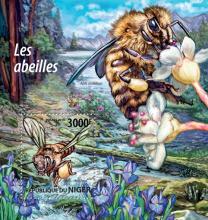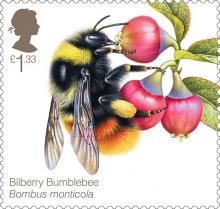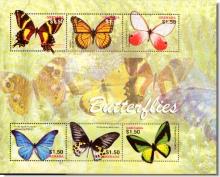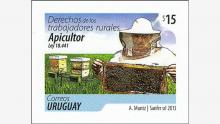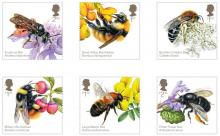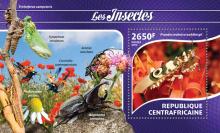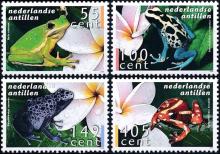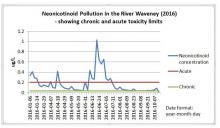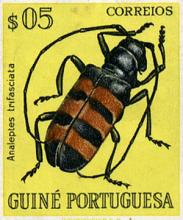Seit vielen Jahren warnt Paul Nothers eindringlich vor dem Insektensterben
Paul Nothers ist ein Mann, der genau hinschaut. Lange bevor die Grünen ihr Augenmerk auf den Umweltschutz legten, setzte sich der graduierte Landwirt und passionierte Jäger schon für Umwelt- und Naturschutz ein. Seit vielen Jahren warnt er eindringlich vor dem Insektensterben und dem Einsatz von Herbiziden und Pestiziden, allen voran Neonikotinoide und Glyphosat. Heute wird er 85 Jahre alt.


